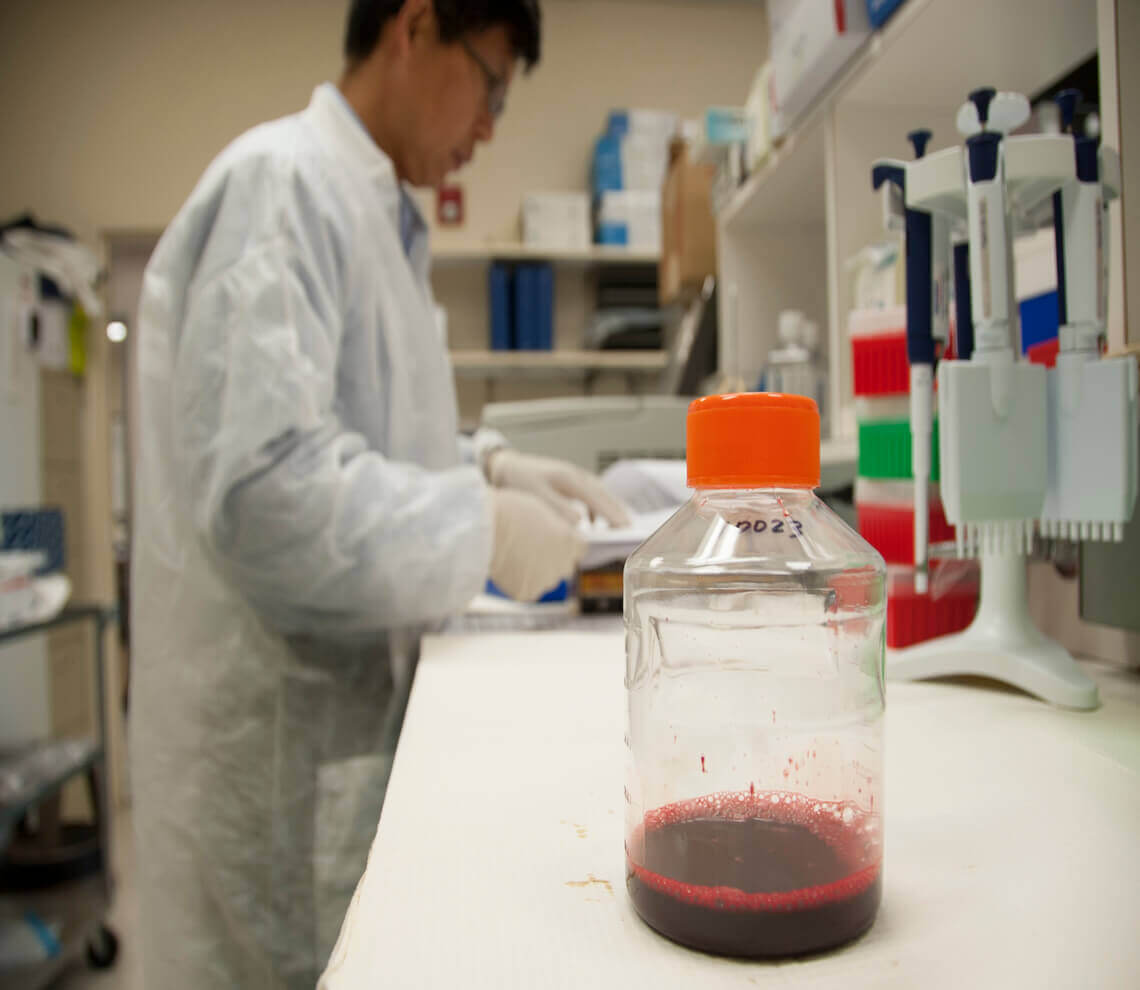- Our Suppliers
- MBS Monoclonals
- MEK1, phosphorylated (Ser218, Ser222) (MAPK/ERK Kinase 1, MEK 1, Dual Specificity Mitogen-Activated Protein Kinase Kinase 1, MAP Kinase Kinase 1, MAP2K1, MAPKK 1, MKK1, PRKMK1, ERK Activator Kinase 1)
Product short description
Price:
520 EUR
Size:
50ug
Catalog no.:
GEN632168
Product detailed description
Concentration
N/A
Immunoglobulin isotype
IgG1
Also known as
MEK1
Clone
6D578
Clonality
Monoclonal
Category
Antibodies
Host organism
Mouse (Mus musculus)
Subcategory
Mnoclonal antibodies
Tested applications:
ELISA (EL/EIA), Western Blot (WB)
Form/Appearance
Supplied as a liquid in PBS, 0.09% sodium azide, PEG and sucrose.
Purification method
Purified by thiophilic adsorption and size exclusion chromatography.
Other names
MEK1; Mitogen-activated protein kinase kinase 1; mitogen-activated protein kinase kinase 1; N/A; AtMEK1; NMAPKK
Test
The duality of this product lies in it's dual specificity to the gene, pH or protein. Mainly in phosphorylation by specific phosphatases.
Other gene names
MEK1; MKK1; ATMEK1; F20B18.180; F20B18_180; MAP kinase/ ERK kinase 1; MEK1; MITOGEN ACTIVATED PROTEIN KINASE KINASE; MITOGEN ACTIVATED PROTEIN KINASE KINASE 1; MKK1; NMAPKK; MEK1; MAP kinase kinase 1
Gene name synonims
MEK1; MKK1; ATMEK1; F20B18.180; F20B18_180; MAP kinase/ ERK kinase 1; MEK1; MITOGEN ACTIVATED PROTEIN KINASE KINASE; MITOGEN ACTIVATED PROTEIN KINASE KINASE 1; MKK1; NMAPKK; MEK1; MAP kinase kinase 1
Gene name
MEK1; MKK1; ATMEK1; F20B18.180; F20B18_180; MAP kinase/ ERK kinase 1; MEK1; MITOGEN ACTIVATED PROTEIN KINASE KINASE; MITOGEN ACTIVATED PROTEIN KINASE KINASE 1; MKK1; NMAPKK; MEK1; MAP kinase kinase 1
Species reactivity
Canine, Human (Homo sapiens), Mouse (Mus musculus); Due to limited knowledge and inability for testing each and every species, the reactivity of the antibody may extend to other species which are not listed hereby.
Specificity and cross-reactivity
Recognizes MEK1 phosphorylated at serine 218/222 and MEK2 phosphorylated at serine 222/226 at 45kD. Species Crossreactivity: Mouse and canine.; Since it is not possible to test each and every species our knowledge on the corss reactivity of the antibodies is limited. This particular antibody might cross react with speacies outside of the listed ones.
Storage and shipping
Store the antibody at +4 degrees Celsius for short term storage.. Long-term storage should be done after aliquoting the antibody and freezing the aliqotes at -20 degrees Celsius. Under these conditions the aliquots will be stable for at least one year if kept at -20 °C. For maximum recovery of product, centrifuge the original vial after thawing and prior to removing the cap. Further dilutions can be made in assay buffer.
© Copyright 2016-Tech News . Design by: uiCookies

